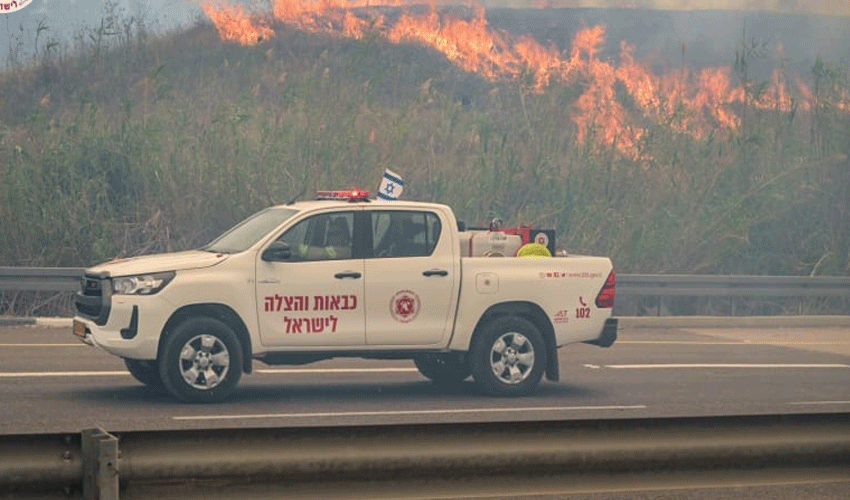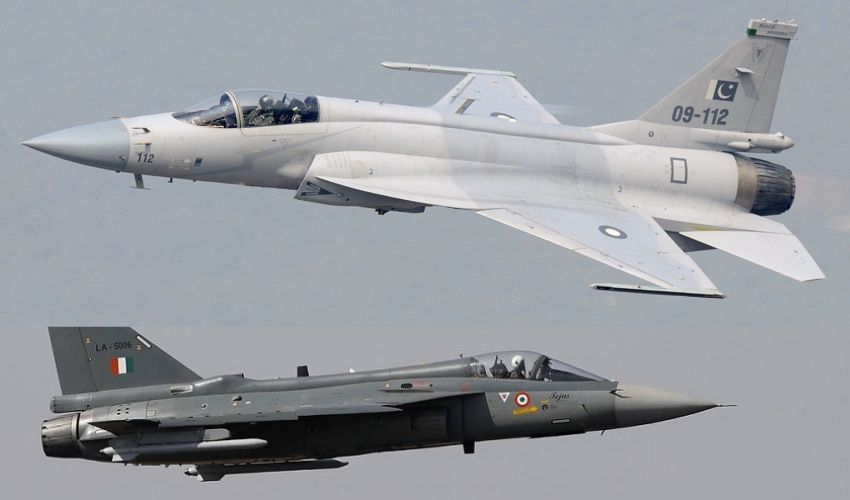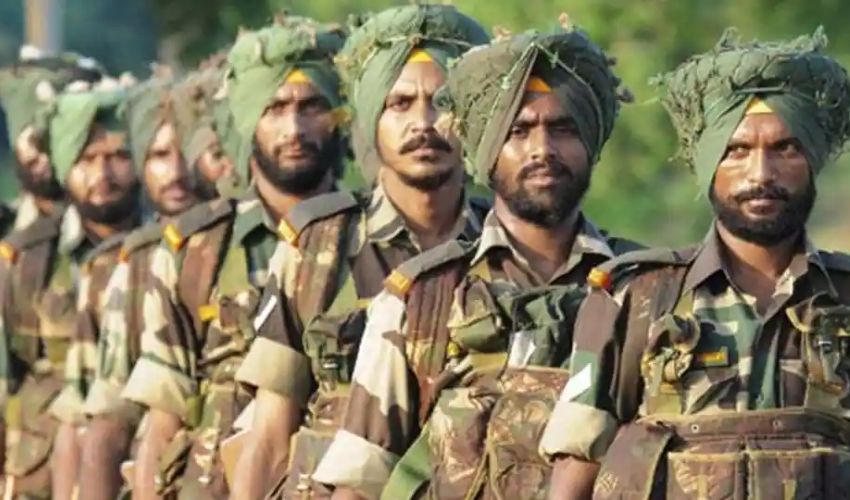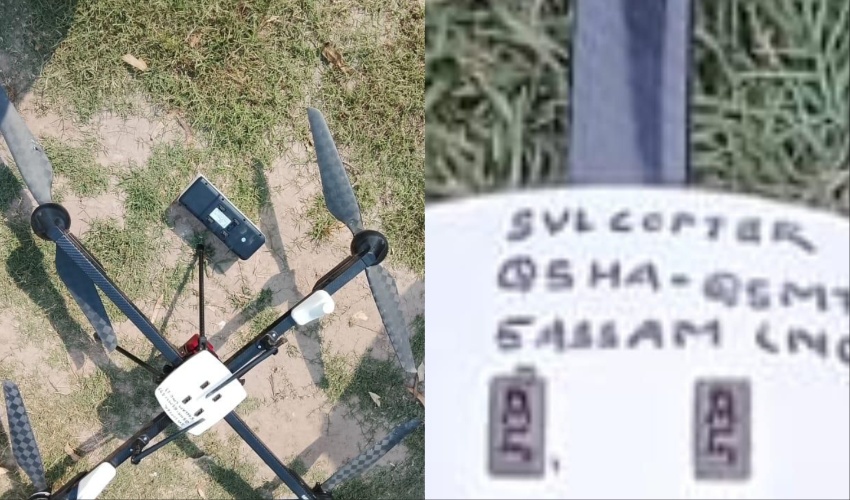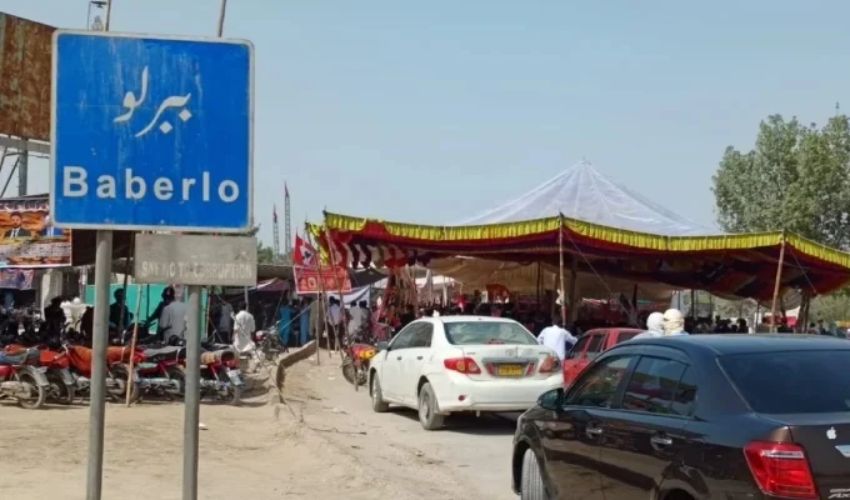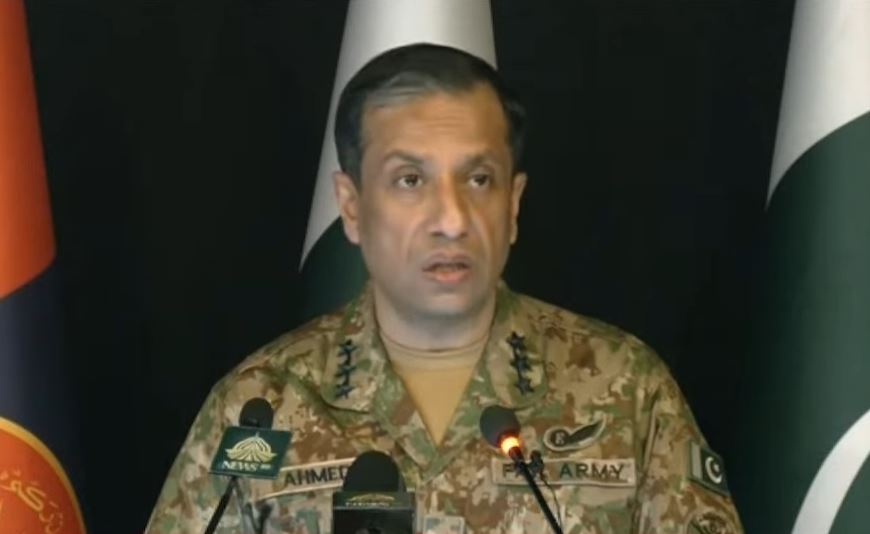Sudan's paramilitary leader, Mohamed Hamdan Daglo, also known as Hemeti, initially operated in the shadows during the country's war.
Analysts note his emergence as he seeks international legitimacy by engaging with civilian politicians and visiting African capitals.
Hemeti leads the Rapid Support Forces (RSF), accused by the United States of ethnic cleansing and crimes against humanity in Sudan's Darfur region. The RSF has been in conflict with the Sudanese Armed Forces since April, with both accused of war crimes.
While Hemeti remained discreet, his recent trips to Uganda, Djibouti, Ethiopia, Kenya, South Africa, and Rwanda indicate a shift. Analysts believe this strategy may be connected to the United Arab Emirates.
Veteran Sudan expert Alex de Waal notes Hemeti's increasing prominence, coinciding with a rising death toll in the war, estimated at over 12,190.
Sudan specialist Clement Deshayes highlights Hemeti's reception as resembling that of a head of state during his visits.
A crucial meeting occurred in Addis Ababa, where Hemeti embraced Sudan's former prime minister, Abdalla Hamdok, a key figure in the disrupted democratic transition.
Embracing Hamdok and joining the coalition known as Taqadum is seen as Hemeti's essential move to gain legitimacy. Despite official statements from Abdel Fattah al-Burhan's administration, the RSF controls significant areas, leading to a humanitarian crisis and displacing millions.
Formerly a camel and sheep trader, Hemeti rose to prominence under Omar al-Bashir, deploying militias in Darfur. The RSF's role in suppressing pro-democracy demonstrators in 2019 raised concerns.
Hemeti's alliance with a civilian partner offers a chance for international legitimacy, particularly from the West. Despite past atrocities, analysts suggest that this move, influenced by the UAE, might reshape perceptions.
Rumours of Hamdok and Hemeti collaborating have circulated since before the war. The optics of their meeting in Addis Ababa sparked criticism, with activists accusing Hamdok of betraying civilians.
While Hamdok seeks dialogue with Burhan, analysts believe this is unlikely. Burhan's reaction to Hemeti's tour has led to accusations of collusion in the murder of Sudanese people. Analysts argue that this reaction aligns with a broader strategy, possibly orchestrated by the UAE, to isolate the army and present Hemeti as a potential political leader, backed by the civilian umbrella of Taqadum.
The situation remains complex, with potential consequences for peace negotiations and the ongoing conflict in Sudan.











